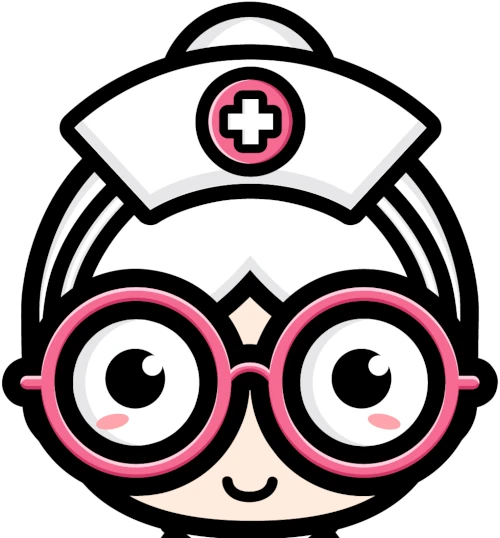If you’ve set your sights on a nursing career, you’ve chosen a profession that’s both meaningful and in high demand. The United States is facing a serious nursing shortage, making now an ideal time to join the field. Nursing isn’t a one-size-fits-all career—it offers a wide range of specialties and work settings. Much like physicians, nurses can focus on different areas, allowing flexibility and room for growth throughout your career.
Whether you’re starting fresh or looking to advance your role, here are several paths your nursing journey could follow.
Entry-Level Roles in Nursing
Certified Nurse Aide (CNA)
CNAs provide essential care under the supervision of nursing staff. They assist with daily activities, monitor patient conditions, and support comfort and hygiene. CNAs often work in hospitals, nursing homes, or long-term care facilities. Training is relatively short—typically around 120 hours—and the average annual salary is about $25,000. This role is a common starting point for individuals entering healthcare.
Licensed Practical Nurse (LPN)
LPNs offer basic medical care, such as checking vital signs, collecting samples, and helping patients with day-to-day needs. They work under the direction of registered nurses or doctors. Training usually takes about a year through approved programs. LPNs earn an average of $35,000 annually and often go on to become RNs.
Registered Nursing and Beyond
Registered Nurse (RN)
RNs are the foundation of the healthcare system. They coordinate patient care, administer medications, and educate patients and their families. Becoming an RN typically requires an associate degree, bachelor’s degree, or completion of a nursing diploma program—taking between 2 and 4 years. With over 2.5 million RNs in the U.S., it’s the largest healthcare occupation. Average annual earnings are around $50,000, with opportunities to specialize in fields like oncology, emergency care, or pediatrics.
Nursing Home Nurse
With the aging population, demand for nurses in long-term care is rising. Nursing homes are legally required to have an RN on duty 24/7. Nurses in this setting build close relationships with residents and play a critical role in elder care.
Home Health Nurse
Home health nurses visit patients in their homes, offering medical care and support to those with chronic illnesses or disabilities. This role allows greater autonomy and often offers more flexible hours. It’s ideal for nurses who enjoy one-on-one care in a less structured environment.
Nurse Supervisor or Head Nurse
This leadership role is typically earned after years of experience. Nurse supervisors oversee staff, manage scheduling, and ensure quality of care. Salaries often exceed $75,000 annually. Strong leadership and communication skills are essential.
Travel Nurse
Travel nursing combines healthcare with exploration. These nurses fill temporary positions at facilities nationwide, often receiving housing stipends, bonuses, and competitive pay. It’s a great choice for adventurous professionals who want variety in their work and location.
Advanced Practice Nursing Roles
With additional education—such as a master’s degree—nurses can take on advanced roles with increased responsibilities and higher earning potential.
Nurse Practitioner (NP)
NPs provide primary and specialty care, often performing exams, prescribing medications, and ordering diagnostic tests. Some NPs operate independently, while others collaborate with physicians. NPs earn an average salary of $75,000 or more, depending on their specialization.
Nurse Anesthetist (CRNA)
CRNAs are highly trained to administer anesthesia for surgeries and other procedures. This role requires a master’s degree and national certification, with programs taking about 2–3 years after becoming an RN. CRNAs are among the highest-paid nursing professionals, with average salaries over $125,000.
Other Nursing Opportunities
There are many additional pathways within nursing:
- School Nurse: Provide basic health services and manage chronic conditions for students.
- Psychiatric Nurse: Support patients with mental health conditions through therapy and medication management.
- Hospice Nurse: Offer comfort-focused care to patients with terminal illnesses.
- Nursing Educator: Teach and mentor future nurses in academic or clinical settings.
A Career with Purpose and Flexibility
Nursing offers a unique blend of stability, personal fulfillment, and career mobility. With so many options, you can shape your path based on your interests, strengths, and goals. Whether you’re passionate about patient care, leadership, teaching, or travel, the field of nursing has a place for you.
And with demand on the rise, qualified nurses have more control than ever over where they work, when they work, and what kind of nursing they do. Your future in nursing starts with one decision—and from there, the possibilities are endless.
